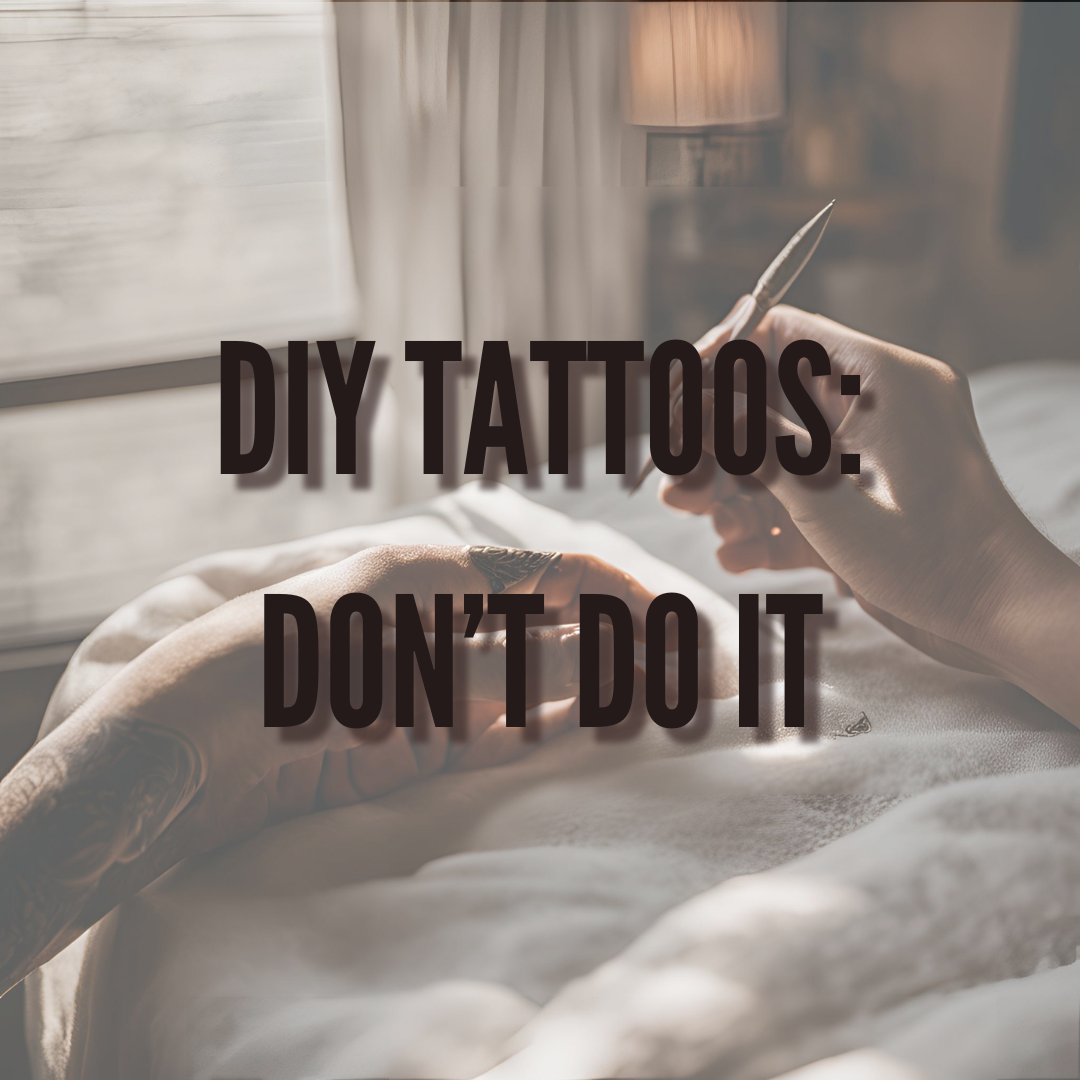The Dangers of DIY Tattooing
In recent years, do-it-yourself (DIY) tattooing has gained popularity among those seeking an alternative to professional tattoo artistry. While the concept of self-expression and creativity is commendable, the risks associated with DIY tattooing are significant and often underestimated. This article explores the dangers inherent in-home tattooing, highlighting why it is vital to leave this art form to trained professionals.
Health Hazards
Tattooing involves piercing the skin with needles to deposit ink beneath the surface. If proper hygiene standards are not maintained, DIY tattooing can lead to serious infections such as staph or MRSA. Amateurs might neglect sterilizing equipment or ensuring a clean working environment, exposing themselves or others to harmful bacteria and viruses. Additionally, without professional-grade gloves and proper handling of bodily fluids, the risk of spreading bloodborne diseases like hepatitis B and C or HIV increases drastically.
Scarring and Permanent Skin Damage
DIY tattooing often results in improper technique or excessive needle pressure, leading to scarring, blowouts (when ink spreads beneath the skin), or uneven designs. Unlike a professional tattoo artist, most DIY tattooists lack the training to navigate the delicate intricacies of skin anatomy, increasing the likelihood of irreversible damage.
Poor Aesthetic Outcomes
While the artistic expression in tattooing is subjective, achieving precision, symmetry, and clean lines requires extensive training and practice. DIY tattoos often fall short of aesthetic expectations. Often leading to regret; wanting to get them removed with laser or wishing to cover-up—both expensive and painful processes.
Mental and Emotional Toll
Regret over a poorly executed tattoo can lead to significant emotional distress. Furthermore, if health issues or visible scarring arise from DIY tattooing, the experience can become an enduring source of anxiety and dissatisfaction. The psychological impact of a botched tattoo shouldn’t be underestimated.
Legal and Ethical Concerns
Many regions regulate tattooing to protect public health and safety. DIY tattooing performed on others, especially minors, could inadvertently violate these laws. Ethically, tattooing without proper training can put others at risk, making it a questionable practice from both moral and legal standpoints.
The risks of at home tattoo kits
At-home tattoo kits are often marketed as convenient and affordable alternatives to professional tattooing, but they come with hidden dangers. Many of these kits include inks that are not formulated for use on human skin. Such inks may contain harmful chemicals or impurities that can cause irritation, allergic reactions, or even toxic exposure. Furthermore, the tools provided in these kits are typically of lower quality, increasing the risk of improper sterilization and injury during use. The accessibility of these kits may seem appealing, but they fail to meet the rigorous health and safety standards upheld by professional tattoo artists, putting users at significant risk
Conclusion
While the allure of DIY tattooing may stem from financial constraints or the desire for personal experimentation, its dangers far outweigh its benefits. Professional tattoo artists undergo rigorous training to ensure that their work is safe, sanitary, and aesthetically pleasing. If you’re considering getting a tattoo, remember that it’s an investment in your body and health. It’s worth consulting a licensed professional to avoid unnecessary risks and ensure that your tattoo is something you’ll cherish for years to come.
As the saying goes, “Good tattoos aren’t cheap, and cheap tattoos aren’t good.” Your skin deserves better than a risky DIY adventure.
Want to read another article? Check out our articles on tattoo apprenticeships!
Tattoo Apprenticeships: Struggles and Solutions How to Build your Apprenticeship Portfolio Follow on: Facebook & Instagram
